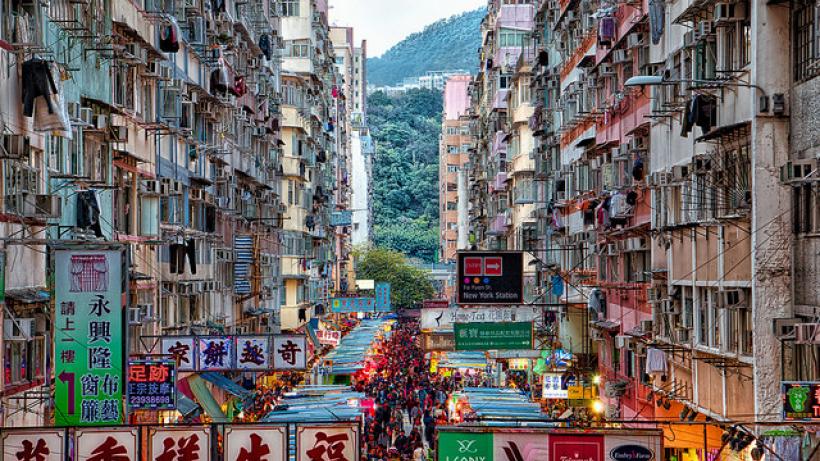
IGC Quick Click: On trade wars and the aftermath of the financial crisis
With so many interesting and important economic events happening in the world, we, at the IGC, thought we would have a go at summarising the debate on key interesting (yes, they exist) and topical economic issues. We aim to put together links to enlightening blogs and papers from a diversity of sources that will explain the various aspects of a topic/event or the different perspectives of a global debate. Please do also send us your thoughts and suggestions at [email protected] with the subject line ‘Quick Clicks’.
To kick off our first IGC Quick Clicks, we will delve into the US-China trade war.
Around the globe, we are witnessing the rise of nationalism and protectionism. This has taken the form of a trade war, informally referred to as the new Cold War, between the US and China. This tussle between the two largest economic giants has the potential to change the current economic order. Let’s start from the basics, what is a trade war? This 5 minute Vox video uses a Game of Thrones analogy to explain the basic economics and politics. Next, Vox’s summary of what set this off and Axios on why it matters. This trade war, along with many other protectionist initiatives worldwide, is the result of an intensifying backlash against globalisation. In a VoxDev video, John Van Reenen talks about the origins of the backlash and risks associated with it. Further, David Atkin provides further insight into the reasons for this backlash by explaining the impact of trade liberalisation on developing countries using evidence from Walmart’s entry into Mexico’s domestic retail market. David found that while this had a net positive effect on household incomes - a 6% increase - these effects varied across groups, with some domestic retailers being negatively affected due to closure or loss of jobs. Another interesting read is a column by Pinelopi Goldberg (new Chief Economist at the World Bank) and Nina Pavcnik that looks at the impact of globalisation on developing countries from a macro perspective.
This year also marks 10 years since the 2008 Financial Crisis. Whilst many find that surprisingly little has changed since then, another view is that the seeds of the trade war were sown during this crisis. Yet one wonders, why now? Has the trade war really been 10 years in the making, and is it an amalgamation of a series of events? In a series of blogs, our very own (up until recently) Tim Doberman and LSE’s Francesco Caselli explore whether we truly are living in unorthodox times.

